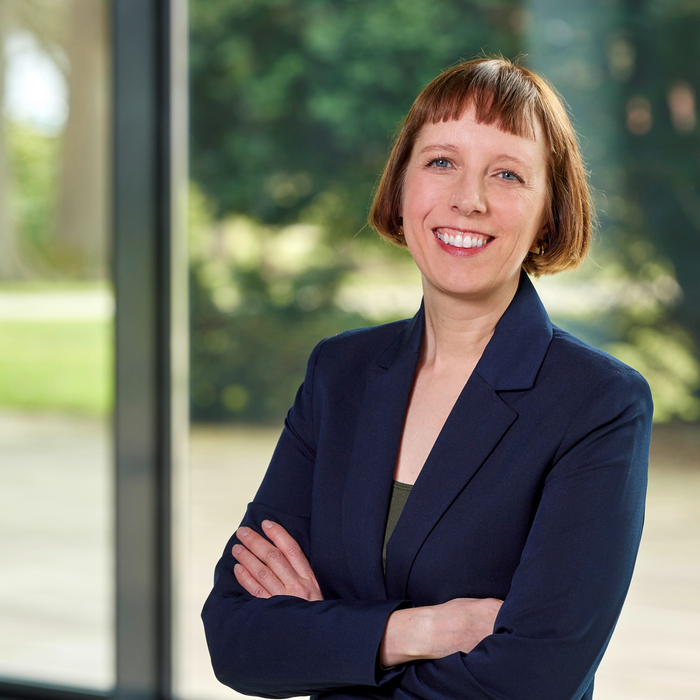Did the pandemic bring societies together or increase the drifting apart? That was one of the central questions posed by the scientists. “The empirical knowledge gained in this special issue deepens our understanding of the social consequences of the pandemic,” says Dr. Mandi Larsen, a sociologist at Constructor University, “a well-founded scientific basis is also important in order to be able to better counteract future pandemics in socio-political terms.” Together with her expert colleagues Dr. Georgi Dragolov and Prof. Dr. Jan Delhey from Constructor University and Otto von Guericke University of Magdeburg, she is responsible for the special issue. The trio also wrote the introduction to the special issue, published on May 10th, 2023.

Credit: Constructor University
Did the pandemic bring societies together or increase the drifting apart? That was one of the central questions posed by the scientists. “The empirical knowledge gained in this special issue deepens our understanding of the social consequences of the pandemic,” says Dr. Mandi Larsen, a sociologist at Constructor University, “a well-founded scientific basis is also important in order to be able to better counteract future pandemics in socio-political terms.” Together with her expert colleagues Dr. Georgi Dragolov and Prof. Dr. Jan Delhey from Constructor University and Otto von Guericke University of Magdeburg, she is responsible for the special issue. The trio also wrote the introduction to the special issue, published on May 10th, 2023.
In nine articles, the authors examine the consequences of the pandemic and the restrictive measures that governments implemented to contain it. They discuss, for example, the effects on vulnerable groups, such as children, the elderly, and migrants in various countries worldwide. One study looks at ideological polarization in the course of the pandemic, using Austria as an example, while another looks at Corona deniers in Germany. Other articles analyze the significance of poverty or describe the experiences with the pandemic in Russia.
What all studies have in common is that they focus on at least one of the three core elements of social cohesion, as outlined by the Bertelsmann Stiftung’s Social Cohesion Radar, which was also developed by social scientists from the two universities: Social relationships, including loneliness; trust in institutions, especially political institutions; and the willingness to help and care for each other and to engage themselves for the common good. “Social cohesion is the glue that holds our society together,” says Mandi Larsen. “This special issue provides a great deal of context to the state of research.”
The special issue, however, does not provide a straightforward answer to the question of whether the pandemic promoted togetherness or rather drove societies apart. That depends on the societal context, the measures put in place, and the phases of the pandemic, the sociologist says. “A better understanding of this complexity is the key to developing long-term strategies for managing the social consequences of this and future pandemics.”
Journal
Frontiers in Sociology
Article Publication Date
10-May-2023




